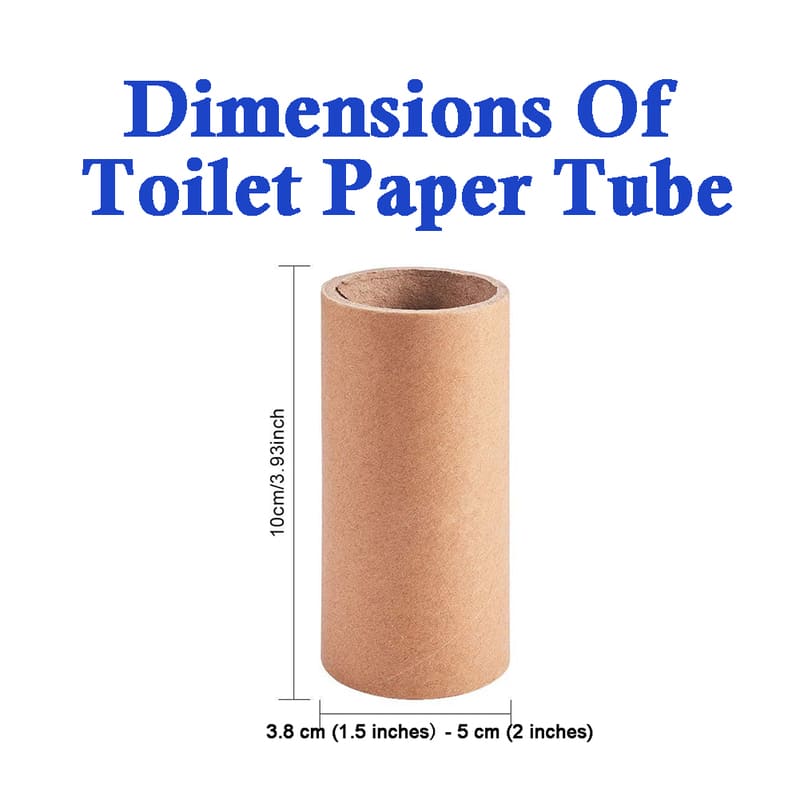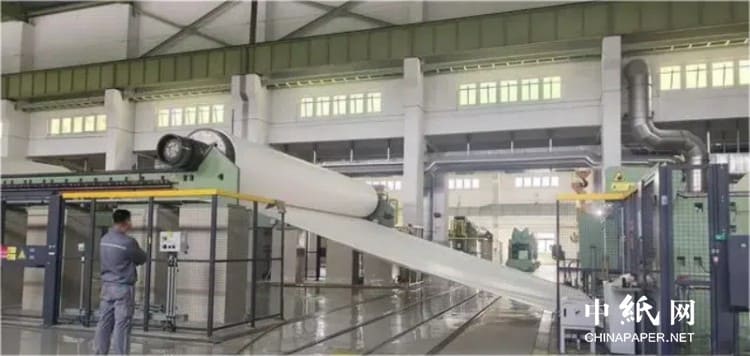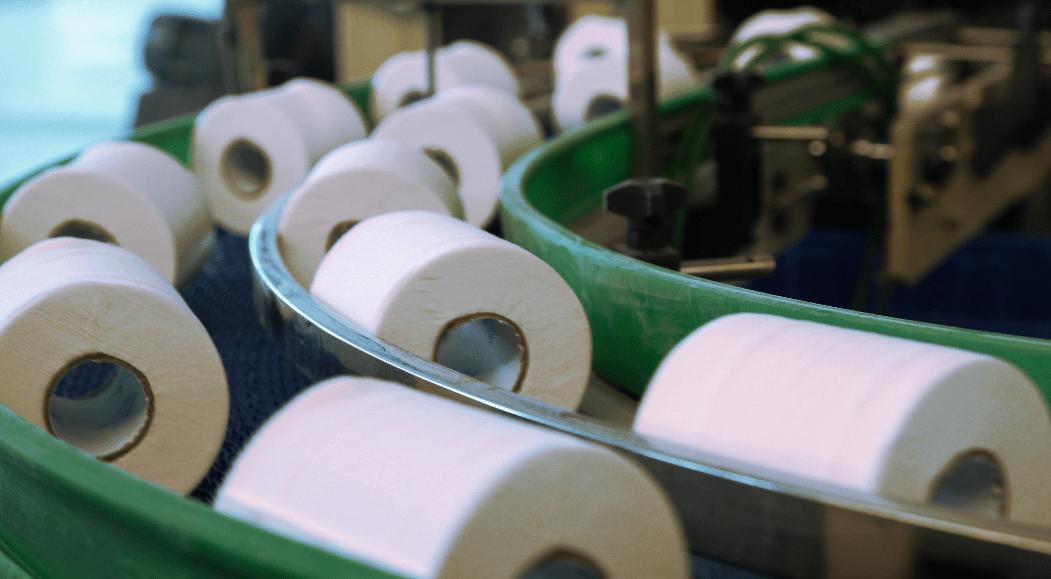How will the Red Sea Attacks influence the global trade of paper products in 2024? And how should we deal with the opportunities and challenges of tissue paper reels exporting from China to abroad?
The Red Sea is one of the most vital and volatile regions in the world, connecting Asia, Africa, and Europe through a narrow and strategic waterway. It is also home to some of the most complex and protracted conflicts, involving multiple actors and interests, such as the civil war in Yemen, the rivalry between Saudi Arabia and Iran, the intervention of the United States and other powers, and the presence of various armed groups and militias, including the Houthi rebels. In recent months, the Red Sea has witnessed a series of attacks on commercial vessels, oil tankers, and cargo ships, allegedly carried out by the Houthis, who claim to be defending their territory and sovereignty from the Saudi-led coalition and its allies. These attacks have raised serious concerns about the security and stability of the region, as well as the implications for the global trade and economy, especially for the paper products industry, which relies heavily on maritime transportation.

Paper products, such as tissue paper, paperboard, and newsprint, are among the most traded commodities in the world, with a global market value of over $400 billion in 2023. China is the largest producer and exporter of paper products, accounting for about 30% of the global output and 25% of the global exports in 2023. The Red Sea is a crucial route for the Chinese paper products exporters, as it connects them with the major markets in Europe, the Middle East, and Africa, which collectively consume about 40% of the global paper products in 2023. However, the Red Sea Attacks pose significant challenges and risks for the Chinese paper products exporters, as they may disrupt the trade flows, increase the transportation costs, and damage the supply chain reliability and efficiency.
In this article, we will analyze how the Red Sea Attacks will influence the global trade of paper products in 2024, and how the Chinese paper products exporters should deal with the opportunities and challenges arising from the situation. We will first discuss the direct and indirect effects of the Red Sea Attacks on the global trade of paper products in 2024. Then, we will evaluate the opportunities and challenges of tissue paper reels exporting from China to abroad in the context of the Red Sea Attacks. Finally, we will provide some recommendations and suggestions for the tissue paper reels exporters from China to abroad, based on the analysis of the opportunities and challenges.
The Red Sea Attacks have both direct and indirect effects on the global trade of paper products in 2024. The direct effects are mainly related to the increased shipping costs, delays, and risks due to the need for alternative routes, higher insurance premiums, and security measures. The indirect effects are mainly related to the reduced supply and demand of paper products in the affected regions, especially in the Middle East and Africa, and the shifted market dynamics and competitive landscape of paper products, as different regions and countries may have different levels of exposure and resilience to the crisis, and may adopt different strategies and policies to respond to the situation.
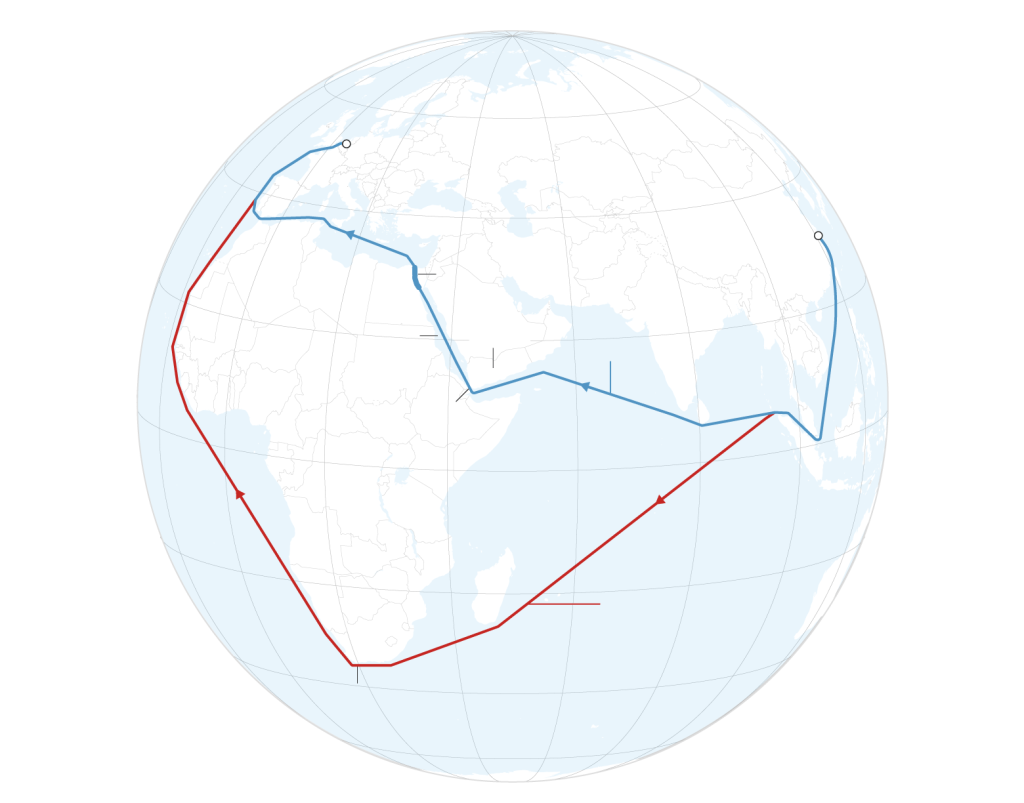
The increased shipping costs, delays, and risks are the most immediate and obvious consequences of the Red Sea Attacks for the global trade of paper products in 2024. The Red Sea is one of the busiest and most important shipping lanes in the world, carrying about 10% of the global trade volume and 5% of the global oil supply. The Red Sea Attacks have disrupted the normal traffic and operations of the shipping industry, forcing many vessels to take longer and more expensive routes, such as the Cape of Good Hope or the Suez Canal, or to avoid the region altogether. This has increased the transportation expenses for the paper products exporters and importers, as well as the transit time and the uncertainty of the delivery. Moreover, the Red Sea Attacks have also increased the security threats and the insurance premiums for the shipping industry, as the risk of piracy, terrorism, and sabotage has risen in the region. These factors have reduced the profitability and competitiveness of the paper products trade, and have also affected the quality and availability of the paper products in the market.
The reduced supply and demand of paper products in the affected regions, especially in the Middle East and Africa, are the more long-term and profound effects of the Red Sea Attacks for the global trade of paper products in 2024. The Red Sea Attacks have not only damaged the infrastructure and facilities of the shipping industry, but also the economic and social conditions of the regions and countries along the Red Sea, especially in Yemen, Saudi Arabia, Sudan, and Egypt. The Red Sea Attacks have exacerbated the humanitarian crisis, the political instability, and the security challenges in these areas, which have already been suffering from the civil war, the pandemic, the famine, and the poverty. These factors have reduced the production and consumption of paper products in these regions, as the paper products industry depends on the availability of raw materials, energy, water, labor, and capital, as well as the demand from various sectors, such as education, health, hygiene, and entertainment. The reduced supply and demand of paper products in the affected regions have also affected the global trade of paper products, as these regions are both important markets and suppliers of paper products, especially for the tissue paper, paperboard, and newsprint segments.
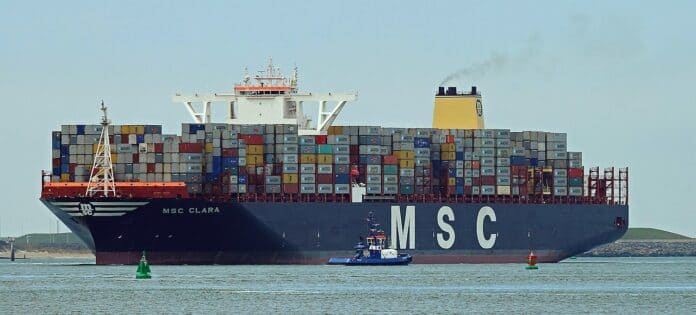
The shifted market dynamics and competitive landscape of paper products are the more subtle and complex effects of the Red Sea Attacks for the global trade of paper products in 2024. The Red Sea Attacks have not only affected the regions and countries along the Red Sea, but also the rest of the world, as the paper products trade is interconnected and interdependent among different regions and countries. The Red Sea Attacks have created both opportunities and challenges for the paper products exporters and importers in different regions and countries, depending on their level of exposure and resilience to the crisis, and their strategy and policy to respond to the situation. For example, some regions and countries may benefit from the crisis, as they may have less dependence on the Red Sea route, or they may have increased demand for paper products due to the pandemic or other factors. On the other hand, some regions and countries may suffer from the crisis, as they may have more reliance on the Red Sea route, or they may have decreased demand for paper products due to the economic recession or other factors. The Red Sea Attacks have also changed the competitive landscape of paper products, as different suppliers may have different advantages and disadvantages in terms of the product quality, innovation, differentiation, cost, and delivery. The Red Sea Attacks have therefore reshaped the market dynamics and competitive landscape of paper products, and have required the paper products exporters and importers to adapt to the changing conditions and preferences of the customers.
The opportunities and challenges of tissue paper reels exporting from China to abroad in the context of the Red Sea Attacks are based on the analysis of the effects of the Red Sea Attacks on the global trade of paper products in 2024. The opportunities are mainly related to the expanding market share and customer base, the enhancing product quality, innovation, and differentiation, and the strengthening cooperation and communication with the stakeholders along the supply chain. The challenges are mainly related to the facing higher operational costs, uncertainties, and risks, the adapting to the changing market conditions and customer preferences, and the complying with the relevant regulations and standards of the destination countries.
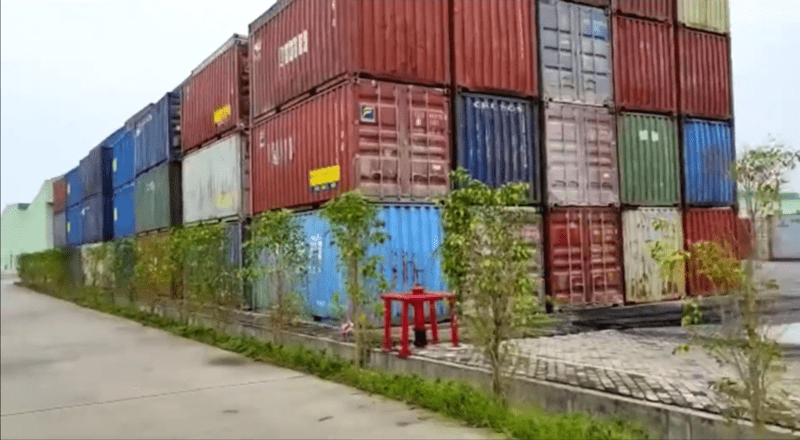
The expanding market share and customer base are the main opportunities for the tissue paper reels exporters from China to abroad in the context of the Red Sea Attacks. The tissue paper reels are one of the most popular and widely used paper products in the world, with a global market value of over $100 billion in 2023. The tissue paper reels have various applications and functions, such as toilet paper, facial tissue, paper towel, napkin, and wet wipe. The tissue paper reels are also one of the most resilient and adaptable paper products, as they can meet the diverse and changing needs and expectations of the customers, especially in terms of the health, hygiene, and comfort. The tissue paper reels exporters from China have the opportunity to expand their market share and customer base in the regions and countries that are less affected by the Red Sea Attacks, or that have increased demand for tissue paper products due to the pandemic or other factors. For example, the tissue paper reels exporters from China can target the markets in Asia, Europe, and North America, which have relatively stable and growing economies, populations, and consumption patterns, and which have also experienced a surge in the demand for tissue paper products due to the pandemic or other factors, such as the environmental awareness, the personal care, and the convenience. The tissue paper reels exporters from China can also target the niche and emerging markets in the regions and countries that have specific and unmet needs and preferences for tissue paper products, such as the quality, the design, the functionality, and the sustainability. The tissue paper reels exporters from China can therefore take advantage of the opportunities to expand their market share and customer base in the global market of tissue paper products, and to increase their revenue and profitability.
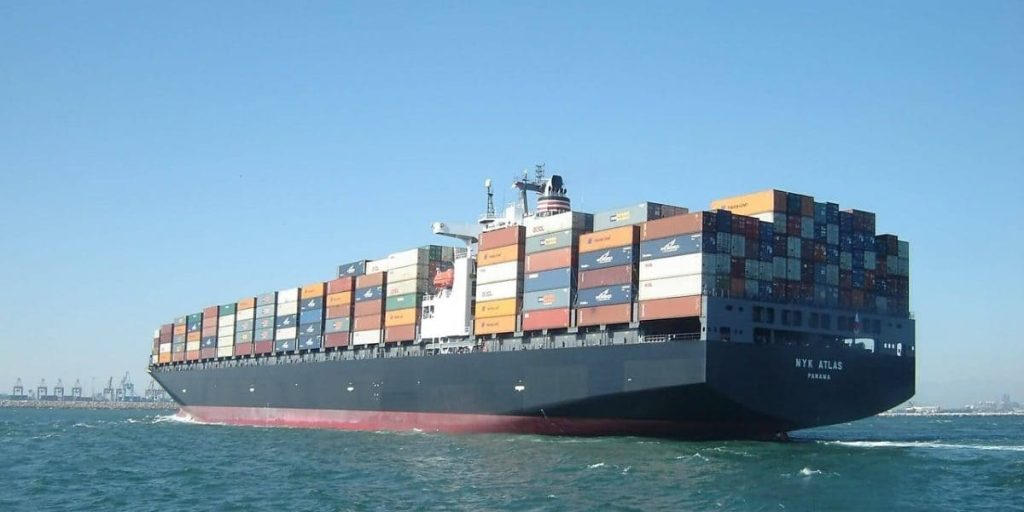
The enhancing product quality, innovation, and differentiation are the main opportunities for the tissue paper reels exporters from China to abroad in the context of the Red Sea Attacks. The tissue paper reels are one of the most competitive and dynamic paper products in the world.
In an Conclusion, we have analyzed the effects of the Red Sea Attacks on the global trade of paper products in 2024, and the opportunities and challenges of tissue paper reels exporting from China to abroad. We have found that the Red Sea Attacks have increased the shipping costs, delays, and risks, reduced the supply and demand of paper products in the affected regions, and shifted the market dynamics and competitive landscape of paper products. We have also found that the tissue paper reels exporters from China have the opportunity to expand their market share and customer base, enhance their product quality, innovation, and differentiation, and strengthen their cooperation and communication with the supply chain stakeholders. However, they also face the challenges of higher operational costs, uncertainties, and risks, changing market conditions and customer preferences, and relevant regulations and standards of the destination countries.
Based on our analysis, we suggest some recommendations for the tissue paper reels exporters from China to abroad, such as:
- Conduct a comprehensive and updated market research and risk assessment, to identify the best target markets and customers, and to devise the optimal marketing and pricing strategies. This will help them to optimize their resource allocation, reduce their costs and risks, and increase their revenue and profitability.
- Invest in the improvement and innovation of the product quality, performance, and design, to meet the diverse and changing needs and expectations of the customers, and to differentiate from the competitors. This will help them to gain a competitive edge, attract and retain customers, and enhance their brand reputation and loyalty.
- Establish and maintain a close and collaborative relationship with the partners and customers along the supply chain, to ensure the efficiency and reliability of the product delivery, and to enhance the customer satisfaction and retention. This will help them to build trust and loyalty, resolve issues and conflicts, and create value and synergy.
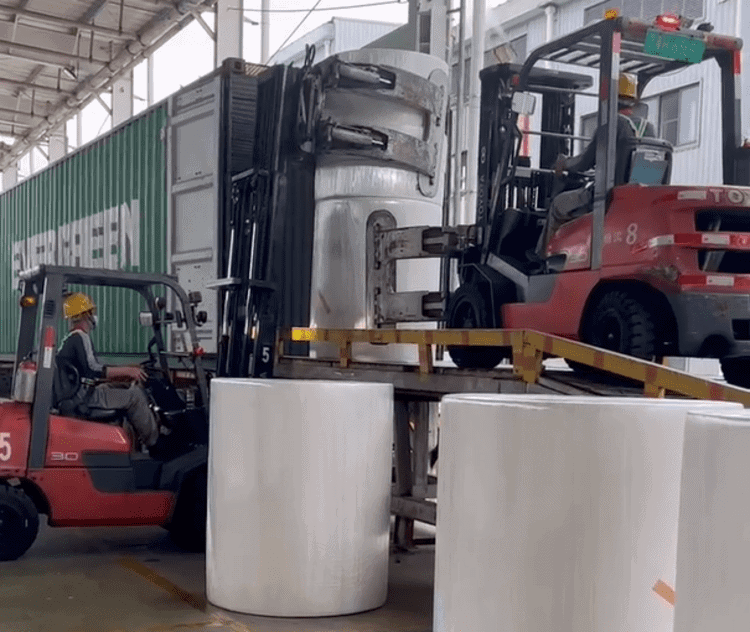
We acknowledge the limitations and challenges of our article, and suggest some directions for future research and exploration, such as:
- The dynamic and complex nature of the Red Sea Attacks and their impacts on the global trade of paper products, which may change over time and require constant monitoring and evaluation. This will help us to update and refine our analysis, and to capture the latest trends and developments of the situation.
- The lack of sufficient and reliable data and information on the paper products industry and trade, especially in the regions and countries that are most affected by the crisis. This will help us to improve the accuracy and validity of our analysis, and to fill the gaps and uncertainties of the existing knowledge and evidence.
- The need for more empirical and comparative studies on the best practices and experiences of the tissue paper reels exporters from China and other countries, in dealing with the opportunities and challenges arising from the situation. This will help us to learn from the successes and failures of others, and to identify the best solutions and strategies for the tissue paper reels exporters from China to abroad.
Welcome to discuss with us for more latest information of the global trade of tissue paper. And welcome to inquiry if you interested in our tissue prducts, like Toilet tissue, Facial tissue, Paper Napkins and hand towel, Kitchen towel, etc.

